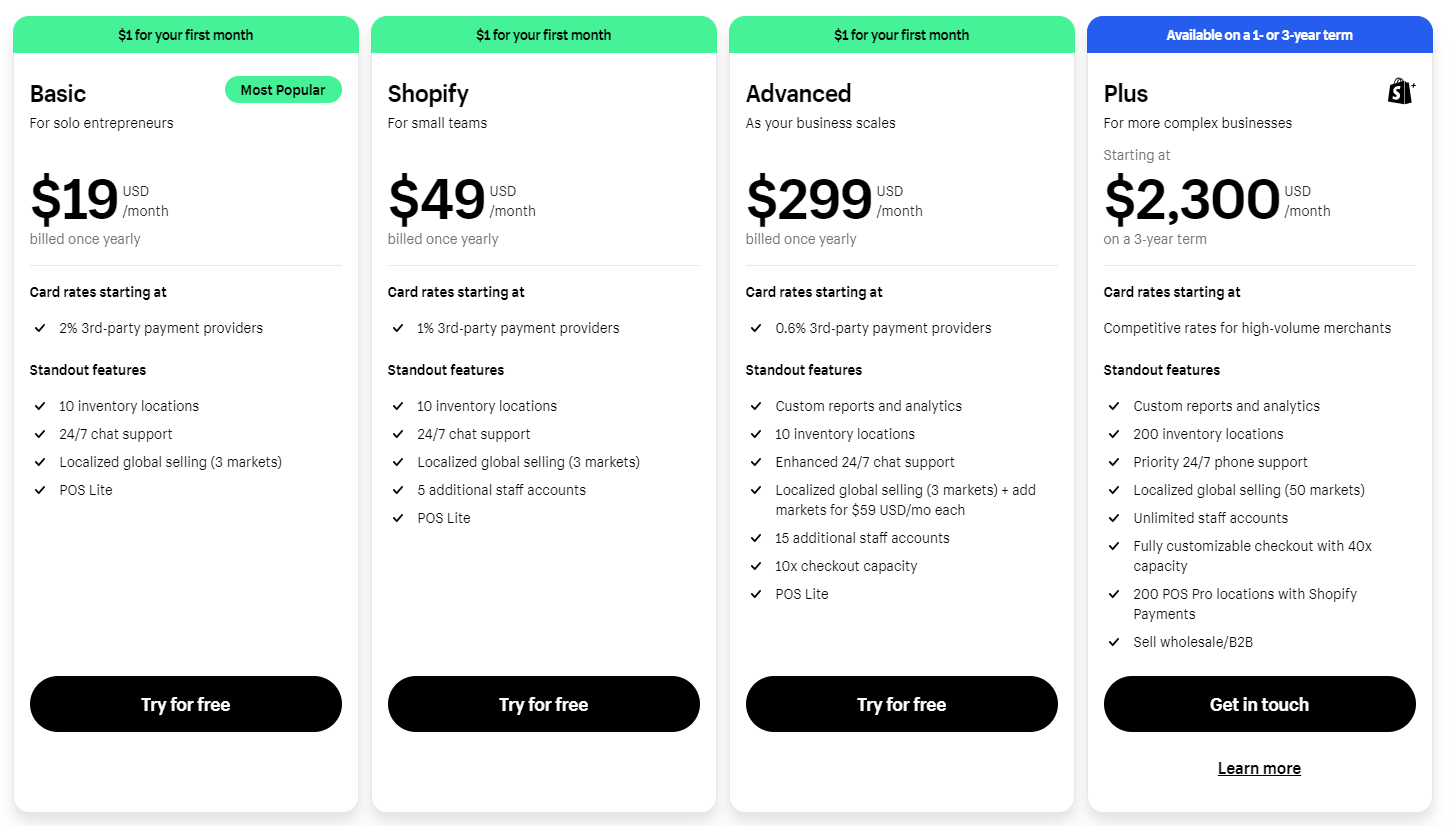If you’re familiar with the world of digital marketing, you’ve probably heard how effective an ads campaign can be for growing your business. After all, 97% of consumers consult the internet when looking for a product or service, which means there’s hardly a better place to start marketing your business.
Running an effective ads campaign isn’t as easy as creating an ad and waiting for the customers to come to you–it requires research, strategy, and continually evaluating how to improve. However, it’s well worth the effort. Learning the ins and outs of running an effective ads campaign will help you maximize your marketing budget, land your ideal clients, and generate consistent growth for your company.
Here’s what you need to know about running an effective ads campaign for your online business:
Why Run an Ads Campaign?
Although you might be tempted to focus your digital marketing efforts on mainly improving your website’s presence in the SERPs (search engine results pages), ads campaigns offer unique benefits that organic search results don’t.
While organic search results rely solely on user queries, ads campaigns are designed to target users who fulfill certain criteria, including those who have searched for specific keywords and those who belong to a specific age group or location. Ads campaigns are configurable, allowing you to specify criteria such as what time of day your ads are shown and how frequently, giving you a large amount of control over the reach and audience of your ads.
Ads campaigns are also flexible, allowing you to create an ads campaign that accommodates any digital marketing budget.

What to Consider Before Choosing to Run an Ads Campaign
Before starting out, it’s important to consider what type of ads campaigns make the most sense for your online business. Here are some factors to consider when planning your ads campaign:
- Cost: Depending on your niche, running a successful ads campaign can be expensive. For example, with PPC (pay per click) ads, you’ll be charged regardless of whether or not the click translates into a customer.
- Competition: The cost of an ads campaign is also based on how much competition there is in your niche. More competition means higher prices, and you’ll have to keep up with the prices your competition is willing to pay in order for your campaign to be effective.
- Target audience: It’s also important to consider who your ideal customer is and where your target demographic spends most of their time online, as different audiences tend to frequent different sites. While younger generations are more likely to rely on TikTok, Instagram, and Reddit when searching for information, other demographics are more likely to be frequent Facebook or LinkedIn users. Creating buyer personas, or detailed descriptions of your ideal customers, can help you understand who you’re marketing to and the best way to target them in your digital marketing efforts.
How to run an effective ads campaign
Regardless of the ads campaign you choose to run, here are some guidelines that will help you make your ads campaign as effective as possible:
1. Define your objectives
While it might seem obvious, the first step is to determine what specific business objectives you want to accomplish with your ads campaign. If you have a limited budget, defining your objectives will help you allocate your dollars towards the costs that are most relevant to your goal. Link your objective to measurable results, such as sales conversions or number of completed contact forms. Carefully research your target customers to understand what ads campaign will most appeal to them, and set a timeline.

2. Perform keyword research
Next, identify the best keywords to target. Although you might be tempted to think that keywords are more relevant to organic search results, they are equally important when creating an ads campaign. This is because your targeted keywords directly correlate with the search queries of the users who will be shown your ads.
When choosing keywords, it’s helpful to focus on finding the sweet spot between words that are widely searched and relevant to your business while avoiding the most highly sought after keywords. This will help you remain competitive while stretching your budget as far as possible.
Another tip is to target long-tail keywords. These are keywords that are more specific and include words that have to do with characteristics such as location that would be relevant to a user searching for a business like yours in their area.
3. Perfect your landing pages
It’s also important to invest in your landing pages. Once a user has clicked on an ad, the quality of your website will play a significant role in whether or not a lead becomes a client. This means that your landing pages need to be relevant to the search query and provide quality, SEO driven content. Make sure your landing pages are ready to do their part of the conversion process. Are they high-quality, easy to navigate, and professional?
4. Create high quality ads
Create ads that are as concise, attractive, and relevant as possible to the user. When creating your ads, it’s important to consider your target audience and what types of ads will most appeal to them.
5. Continually improve
Set aside time regularly to review the performance of your ads campaign and make appropriate modifications to increase its effectiveness. This could be dropping keywords with minimal search volumes to target higher search volume keywords or modifying your ad’s verbiage if it isn’t performing as well as you’d like it to.
Types of Ads Campaigns
Wondering where to start? Here’s a look at some of the most common types of ads campaigns:
Paid Search Advertising
Paid search advertising involves hiring a search engine such as Google to show your ads to users based on the relevance of their search queries, and paying based on the interaction that those ads receive.
Even if you already rank competitively in the search results, investing in paid search advertising offers unique benefits. For example, paid search ads appear at the top of the search results, above all organic search results. You’ll also have greater control over who sees your ads, allowing you to target potential customers with a more powerful, personalized approach.
Although you can run a paid search advertising campaign through search engines like Bing or Yahoo, Google is by far the most popular search engine, as the site where 71% of all online searches occur. Running your campaign on Google also has benefits such as useful analytics to help you continually hone your marketing efforts. You can see who clicked on your ad and when, what clicks became sales, and statistics such as the average cost per lead. You’ll also have access to a Quality Score, which is a score that Google issues based on the relevancy of your ad and your landing pages. Your quality score will give you an idea of how you’ll rank in search results.
Another benefit of using Google Ads is that it’s flexible. You can limit your costs to fit your needs and avoid any risk of exceeding your budget unexpectedly. Running a Google Ads campaign is possible for any budget, but how effective it is depends on your strategy.

Social Media
Social media is another powerful way to run a successful ads campaign. Social media platforms such as Facebook and Instagram have billions of daily users, so running a social media campaign gives you access to a massive audience and the ability to target specific user groups. Some of the benefits of running a social media campaign include:
- Versatile ad formats: Social media advertising allows you to choose from various ad formats such as photo ads, lead ads, video ads, and more to appeal to your specific audience.
- Access to specific audiences: Each social media platform appeals to different audiences, and many offer features to help you reach users who fit specific criteria through your ads.
- Customize your campaign: Social media platforms such as LinkedIn, Instagram, Facebook, and Twitter offer various features to help you run an ads campaign that best fits the needs of your online business and target audience.
Identifying your target audience will help you determine which social media platforms, if any, are best to use in your ads campaign.
Display Ads
Whether your goal is to create brand awareness or retarget users who are already familiar with your brand, display ads are a useful digital marketing tool. The Google Display Network, for example, reaches over 92% of all internet users. With a display ads campaign, you can specify criteria to control who sees your ads, including users who have visited your website before, or users who have the potential to be interested in your services.
About the Author
Leo Ebbert is an experienced digital marketer, CPA, and the founder and CEO of Exact Click Digital, a digital marketing firm that has driven over 1,000,000 conversions since its founding. After launching his career as a CPA at Deloitte, Leo pivoted to digital marketing and has never looked back. Now, 15 years and over 500 million dollars in total sales later, he and his team also run CPA Digital Pro, a digital marketing firm providing digital marketing services to accounting firms.
What Is EcomBalance?

EcomBalance is a monthly bookkeeping service specialized for eCommerce companies selling on Amazon, Shopify, Ebay, Etsy, WooCommerce, & other eCommerce channels.
We take monthly bookkeeping off your plate and deliver you your financial statements by the 15th or 20th of each month.
You’ll have your Profit and Loss Statement, Balance Sheet, and Cash Flow Statement ready for analysis each month so you and your business partners can make better business decisions.
Interested in learning more? Schedule a call with our CEO, Nathan Hirsch.
And here’s some free resources:
- Monthly Finance Meeting Agenda
- 9 Steps to Master Your Ecommerce Bookkeeping Checklist
- The Ultimate Guide on Finding an Ecommerce Virtual Bookkeeping Service
- 6 Reasons Accurate Ecommerce Accounting is Crucial for Your Business
- Accounting Basics 101: What Small Business Owners Must Know
- Generally Accepted Accounting Principles (GAAP) Cheat Sheet
- How to Read a Balance Sheet & Truly Understand It








